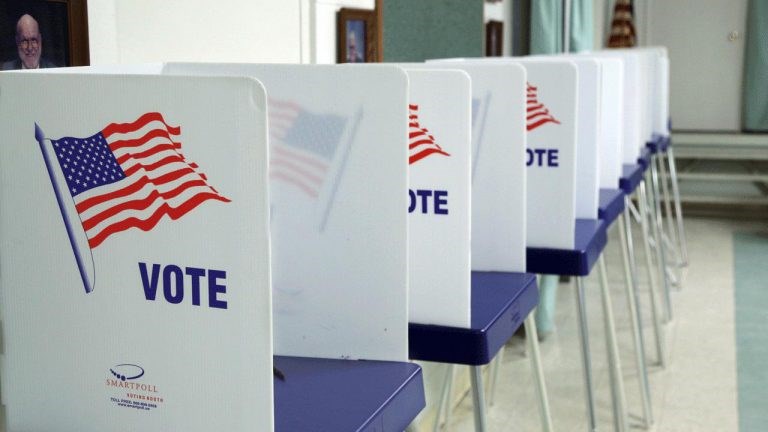State Senator Zellnor Myrie seems to be making good on his campaign promise to push for a comprehensive reform of New York State's election system.
On Tuesday, the Senate passed a package of bills sponsored by the freshman senator to reform campaign financing, and improve access and transparency in the state's voting system.
Myrie, who represents the 20th Senate District including Crown Heights, East Flatbush, Prospect Heights and Brownsville, introduced legislation to restrict campaign contributions from anyone seeking government contracts and increase transparency on campaign contribution limits. The measure would also bar prospective vendors from contributing for six months after the contract is granted by the state.
The state legislature's approval of the bills is a decisive move to address the "pay-to-play" system linked to recent major corruption scandals in New York politics.

Two additional bills that passed the Senate will require the state Board of Elections to create ballot formats that clearly indicate to voters that there are important ballot questions on the other side of a two-sided ballot, as well as eliminate duplicative campaign filings.
"These bills are about cleaning up government and protecting our democracy," said Myrie, who chairs the Senate's Elections Committee. "Anyone who wants accountability from our public officials should support the effort to protect tax dollars from special interests and make voting easier. New Yorkers want a voting system that's worthy of their trust and easy to participate in, and that's exactly what these bills will deliver."
Myrie has already made quite some strides regarding election reforms. In January, the Senate passed a series of his bills to allow preregistration of minors and voting by mail, as well as measures that aim to simplify the registration and voting process, create greater transparency and ultimately increase voter turnout.
Two weeks ago, the Senate approved a Myrie-sponsored bill to allow electronic poll books in New York, which will make it faster and easier to look up voter registration status, and reduce the possibility of errors. The bill gives election boards the option to purchase equipment and implement the use of electronic poll books beginning this fall.
"We can pay for a coffee by signing an iPad, but we have to sign our name in script to vote," said Myrie. "We're still recording voter history in the same way we did during the years of Tammany Hall and that makes absolutely no sense."




